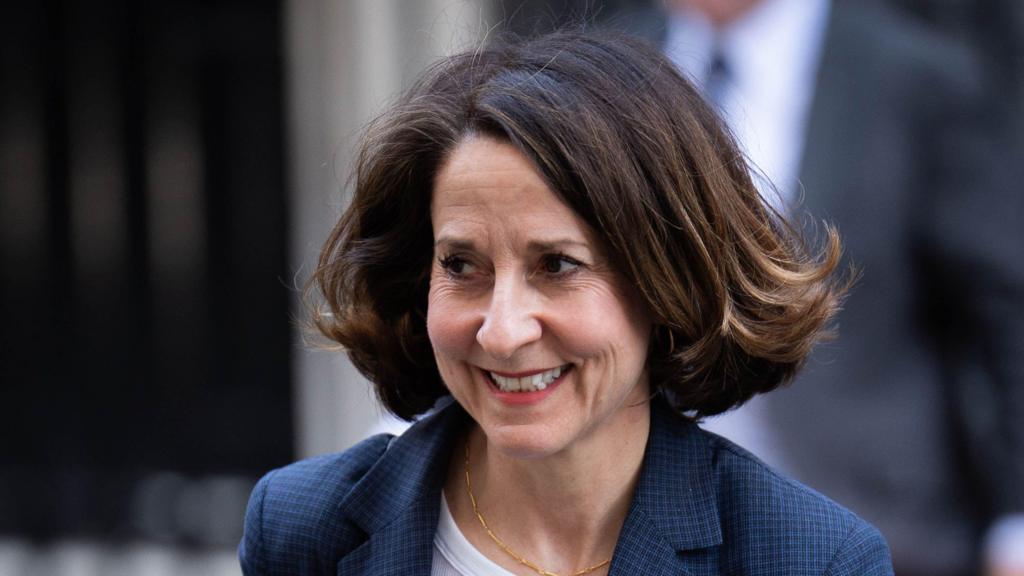Work and Pensions Secretary Liz Kendall has announced modifications to her welfare reform package, aiming to address concerns raised by Labour MPs who threatened rebellion against the proposed changes.
Ahead of a parliamentary vote, Kendall has sought to mitigate the impact of planned annual benefit cuts totaling £5 billion by 2030.
The welfare reform bill includes stricter eligibility criteria for Personal Independence Payments (PIP) for individuals with less severe disabilities.
The BBC understands that individuals losing PIP eligibility will receive a 13-week transitional payment, an extension from the standard four weeks.
Carer’s allowance will continue during this 13-week period but will cease upon PIP termination. Those with the most severe health conditions will be exempt from reassessment and receive supplemental income support via universal credit.
Concurrently, a scheme will be introduced allowing disabled individuals to explore employment opportunities without jeopardizing their benefits.
Kendall has characterized these additions as “non-negotiable” protections, to be incorporated into the bill before its release next week. These safeguards, previously proposed in the government’s Pathways to Work green paper and subject to public consultation, will be enshrined in legislation.
In a statement to the Guardian, Kendall affirmed the government’s commitment to protecting the most vulnerable, particularly those unable to work, emphasizing the seriousness and non-negotiable nature of these protections.
The BBC reports that these protections emerged from discussions between ministers, Labour MPs, and disability advocacy groups. Concerns regarding PIP cuts and the sickness-related component of universal credit (UC) have been voiced by numerous Labour MPs, some threatening to vote against the bill.
Government impact assessments suggest the welfare package could push an additional 250,000 people, including 50,000 children, into relative poverty.
Neil Duncan-Jordan, among 42 Labour MPs who signed a letter deeming the reforms unacceptable without amendment, commented that “Poverty delayed is still poverty.”
Other dissenting Labour MPs, including Ian Byrne and Rachael Maskell, expressed skepticism, arguing that the added protections were insufficient to alter their voting intentions.
One Labour MP indicated that the amendments would not dissuade many colleagues from opposing the bill, despite efforts from party whips. Conversely, Alex Ballinger expressed support, welcoming the protections and their potential impact on individuals with health challenges.
Despite calls for a reversal of benefit cuts following a government U-turn on winter fuel payments, Chancellor Rachel Reeves confirmed the government’s commitment to the cuts, emphasizing the need for welfare reform.
The Department for Work and Pensions (DWP) projects 3.2 million families will experience financial losses, averaging £1,720 annually, encompassing both current and future recipients. This includes 370,000 current PIP recipients and 430,000 future claimants who would receive less under the new system.
Ministers highlight that these figures don’t account for planned investments in assisting the long-term sick and disabled into employment, or poverty reduction initiatives. The government aims to implement these reforms by November 2026.
Sign up for our Politics Essential newsletter for ongoing coverage of Westminster and beyond.
The work and pensions secretary acknowledges the challenging and often unpopular nature of welfare reform.
The government has provided further details on proposed disability benefit cuts.
Ministers have engaged with Labour MPs concerned about new restrictions on disability payments.
The full impact of the government’s benefits overhaul on individuals remains uncertain.
Key measures include tightening eligibility for disability payments and reducing benefits for certain health conditions.

